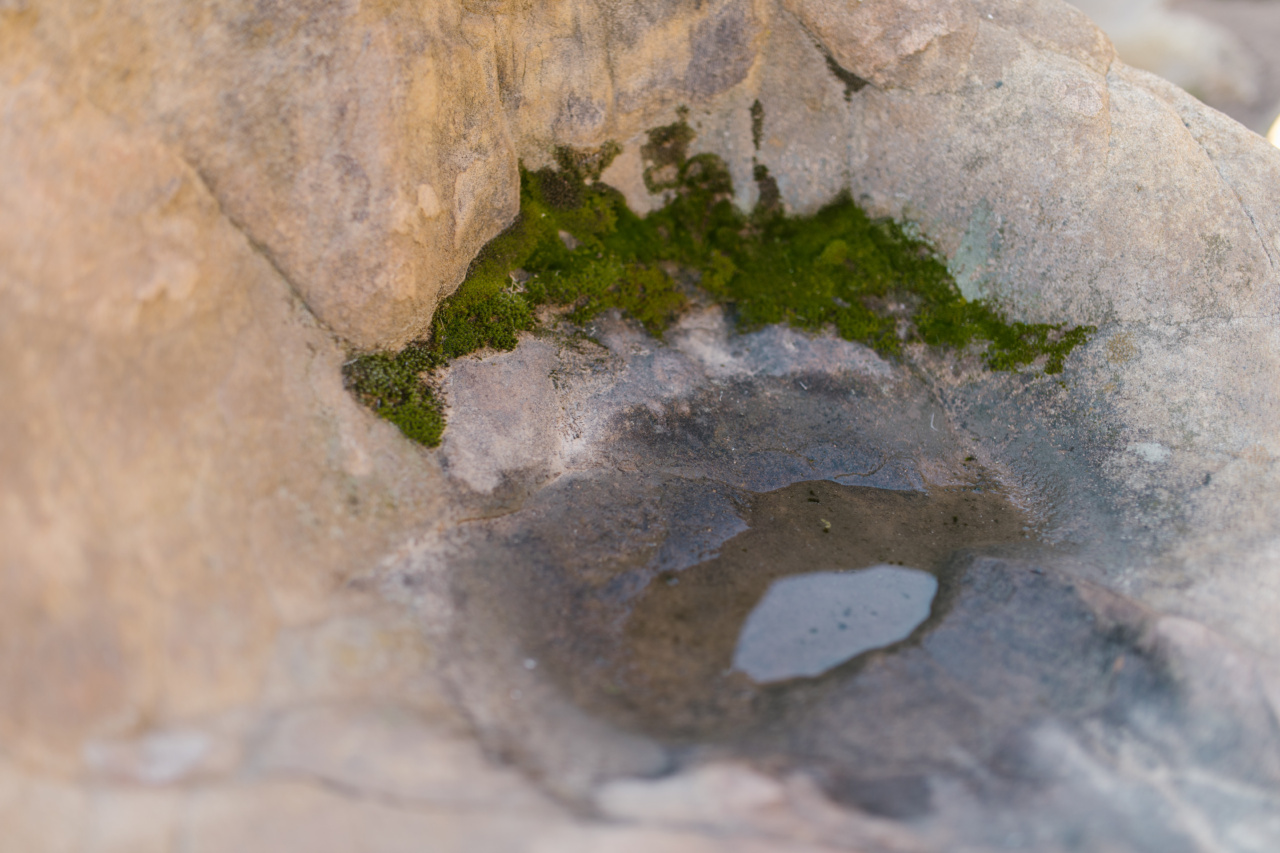Eczema is a skin condition that affects millions of people around the world. It causes red, itchy, and inflamed patches on the skin that can be both uncomfortable and unsightly.
While there are many different factors that can contribute to eczema, some people believe that hard water may also play a role. In this article, we will explore the link between hard water and eczema and see what the science has to say.
What is Hard Water?
Hard water is water that contains high levels of minerals, such as calcium and magnesium. These minerals accumulate in the water as it passes through rocks and soil. The more minerals the water contains, the harder it is said to be.
Hard water is a common problem in many parts of the world, and it can have a variety of negative effects.
What Causes Eczema?
Eczema is a complex condition, and there is no one cause that can be pinpointed as the culprit. Some researchers believe that eczema is an allergic reaction to certain substances, while others think that it may be related to genetic factors.
Some factors that have been linked to eczema include:.
- Environmental irritants
- Stress
- Dry skin
- Allergies
- Hormonal changes
Does Hard Water Make Eczema Worse?
While there is no conclusive evidence that hard water makes eczema worse, some people believe that it may exacerbate the condition. Hard water can leave deposits of minerals on the skin, which can make it feel dry and irritated.
This can lead to itching and inflammation, which are common symptoms of eczema. Additionally, hard water can make it more difficult to rinse soap and other cleansing agents off the skin, which can leave behind residues that can also irritate the skin and trigger eczema flare-ups.
What Does The Science Say?
There have been a number of studies conducted to investigate the link between hard water and eczema. While some studies have suggested that hard water can worsen the condition, others have found no significant relationship between the two.
For example, a study published in the Journal of Investigative Dermatology found that hard water did not have a significant effect on eczema severity or skin barrier function. Another study, published in the Journal of the American Academy of Dermatology, found that bathing in hard water did not exacerbate eczema symptoms.
How Can You Reduce The Effects of Hard Water?
If you are concerned about the effects of hard water on your skin, there are some steps you can take to reduce its impact. One of the most effective ways is to install a water softener in your home.
Water softeners work by removing the minerals that cause water hardness, leaving you with softer, gentler water that is less likely to irritate your skin. Additionally, you can try using gentler soaps and cleansers that are designed for sensitive skin, and apply a moisturizer to your skin immediately after bathing to help lock in moisture and prevent dryness.
Conclusion
While there is no definitive answer to the question of whether hard water makes eczema worse, there is evidence to suggest that it can contribute to dryness and irritation of the skin.
If you are concerned about the effects of hard water on your skin, the best course of action is to consult with a dermatologist or skin care expert who can provide guidance and advice that is specific to your needs.





























